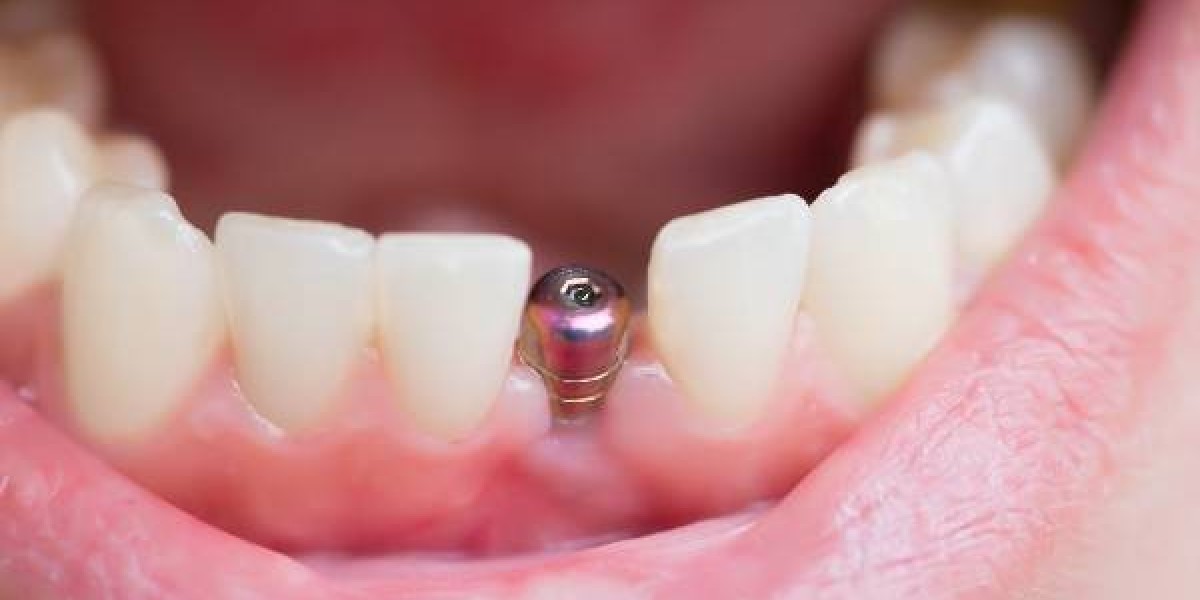Bruxism is the medical term for teeth grinding or jaw clenching, often occurring unconsciously during sleep. While it might be harmless, this common condition can have serious consequences for oral health. Left unchecked, it can lead to worn teeth, jaw pain, and even long-term dental complications. Understanding the signs and seeking timely treatment can help you avoid costly issues down the road.
What Is Bruxism and Why Does It Happen?
Bruxism can affect both children and adults, often without them knowing. It typically happens during sleep but can also occur while awake, especially during periods of stress or deep concentration.
Common Causes Include:
- Stress and anxiety – Emotional strain often leads to clenching at night.
- Sleep disorders – Conditions like sleep apnoea are commonly linked to bruxism.
- Bite misalignment – Poor bite alignment or missing teeth may trigger grinding.
- Lifestyle factors – Excessive caffeine, alcohol, and tobacco use can increase risk.
It is estimated that around 10% of the UK population is affected by bruxism, though many cases go undiagnosed due to the nocturnal nature of the condition.
Recognising the Signs Early
Symptoms You Shouldn't Ignore
Within the first lines of this section, it’s worth noting that people considering treatments like dental implants Livingston often discover they’ve been grinding when preparing for restorative procedures.
Here are those important symptoms :
- Worn or flattened teeth
- Tooth sensitivity or pain
- Chipped enamel or fractures without trauma
- Headaches, especially in the morning
- Jaw or facial soreness on waking
- Clicking or popping sounds from the jaw joint (TMJ)
Grinding can be subtle—many people realise only when a dentist spots the damage during a routine check-up.
How Bruxism Damages Oral Health
Grinding and clenching exert unnatural pressure on your teeth and jaw. Over time, this leads to several dental issues.
1. Tooth Wear and Fractures
Teeth subjected to constant friction may lose their protective enamel, making them more prone to decay and sensitivity. Small cracks and fractures may also develop, which can worsen if untreated.
2. Gum Recession
Constant jaw tension and grinding can aggravate the gum line, leading to receding gums. This exposes the tooth roots and increases the risk of gum disease and tooth loss.
3. TMJ Disorders
Bruxism can strain this joint, causing pain, stiffness, and difficulty opening or closing the mouth for temporomandibular joint (TMJ)which connects your jaw to your skull.
4. Impact on Dental Work
Restoration of treatments like invisalign Livingston require stable teeth and jaw structures. Bruxism may compromise aligners’ effectiveness or damage crowns, bridges, and implants if not addressed beforehand.
Diagnosing Bruxism
A dentist can usually detect sign of grinding by examining your tooth, jaw, and oral tissues. If it is suspected then further steps can be included:
- Reviewing your symptoms
- Checking your bite alignment
- Asking about lifestyle and stress levels
- Taking impressions or scans of your teeth
In some cases, you may be referred for a sleep study to rule out sleep apnoea or other disorders that might contribute to grinding.
Treatment Options Available
Custom Night Guards
One of the most common solutions is a custom-made night guard. These are worn during sleep and protect teeth from damage by acting as a barrier.
Benefits of custom night guards:
Feature | Custom Night Guards |
Fit | Tailored to your bite for maximum comfort |
Protection | Reduces wear and tear on enamel |
Longevity | Durable and long-lasting |
Availability | Supplied by your dental professional |
Night guards are particularly useful for patients undergoing treatments such as dental implants Livingston, as they safeguard newly restored teeth from grinding pressure.
Stress Management
If stress is the root cause of your bruxism, stress-relief techniques such as mindfulness, therapy, or regular exercise can help reduce unconscious clenching. It's a good idea to establish a regular routine before bed.
Orthodontic Solutions
For cases caused by misalignment, correcting the bite may offer lasting relief. Patients using invisalign Livingston may see improvements, as realigning the bite can reduce grinding tendencies.
Bruxism in Children
Children can also grind their teeth, especially during the teething stage or while their adult teeth come in. While most children outgrow it, it's still important to mention it during dental check-ups.
Signs of bruxism in children may include:
- Complaints of jaw or facial pain
- Teeth grinding sounds during sleep
- Difficulty chewing or opening the mouth
A dentist may recommend a lightweight night guard or simply monitor the condition if it's mild and likely to resolve on its own.
Long-Term Implications of Ignoring Bruxism
When Left Untreated
Grinding may start off as an occasional annoyance, but over time, the damage becomes much harder and costlier to fix.
Potential complications include:
- Cracked or damaged dental restorations
- Increased tooth mobility and even tooth loss
- Severe TMJ pain affecting everyday functions like chewing
- Greater expenses for repairs or surgical interventions
For patients considering restorative procedures, such as dental implants Livingston, treating bruxism beforehand is critical to long-term success and comfort.
Preventive Tips to Protect Your Teeth
While some causes of bruxism are out of your control, there are a few practical steps you can take to minimise the impact:
- Limit caffeine and alcohol especially in the evening
- Stick to a consistent sleep routine
- Avoid chewing pens, fingernails or gum excessively
- Use warm compresses to relax jaw muscles before bed
- Attend regular dental check-ups dentists can spot early damage
These small lifestyle change, along with proper dental care, can make difference in reducing bruxism’s effects.
Conclusion
Teeth grinding might seem like a normal issue, but it can lead to a serious dental complications if ignored. From damaging your enamel to interfering with treatments like invisalign Livingston bruxism deserves timely attention. Whether it's through night guards, stress management, or dental realignment, taking action now can save your smile and your wallet later on.
For advice tailored to your needs and to ensure your teeth stay protected, contact Smilo Dental Implants Group. Their team of professionals can assess your symptoms, provide custom solutions, and support your long-term oral health goals.








